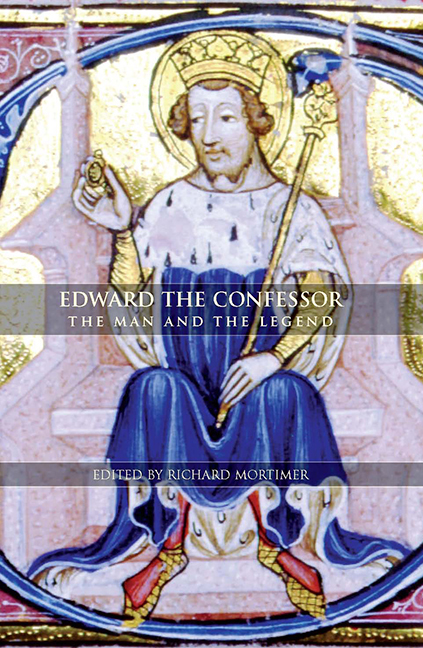Medievalism is currently defined as the use of and responses to the medieval past, ‘at all periods since the sense of the medieval began to develop’, and the scholarly study of these responses. It is a topic of considerable contemporary academic interest. In 2004–05 the Liverpool Centre for Medieval Studies organized a series of lectures on this theme, under the general heading of ‘The Making of the Middle Ages’. This volume is the result. The original series included lectures considering the making of the middle ages on Merseyside (Wawn and Mills). This theme has been reinforced by three essays specially commissioned for this volume (Wilson, Morris and Sharples). The result is a collection which contributes to the study of medievalism in general, and one which provides a particular, and more unusual, focus on its local and regional dimensions.
Medievalism, as a term, is not new. It was in use in the second half of the nineteenth century, as the first edition of the Oxford English Dictionarymakes clear. The dictionary defines ‘medioevalism’ [sic] as both the ‘system of beliefs and practice characteristic of the Middle Ages’ and ‘the adoption of or devotion to medioeval [sic] ideas or usages’, i.e. the middle ages as they were, and the middle ages as utilized by later ages. The dictionary drew its examples from the nineteenth century, a heyday of enthusiasm for the middle ages. At that date the term was used in both senses, as the dictionary's examples indicate; and, as its definitions make clear, medievalism often meant not only a response to the medieval past, but a very positive one.
John Ruskin, for example, in his Lectures on Architecture and Painting (1853), saw medievalism as a period in the history of art: ‘You have then three periods: Classicism, extending to the fall of the Roman Empire; Medioevalism, extending from that fall to the close of the fifteenth century; and Modernism’. In 1873 John Addington Symonds referred to Renan's view that ‘a sentiment of the infinite’ was the chief legacy of medievalism to modern civilization. For Ruskin, Symonds – and Renan – medievalism not only had a chronological signification, but was associated with the aesthetic, spiritual and cultural aspects of a historical period, associations which have persisted.
